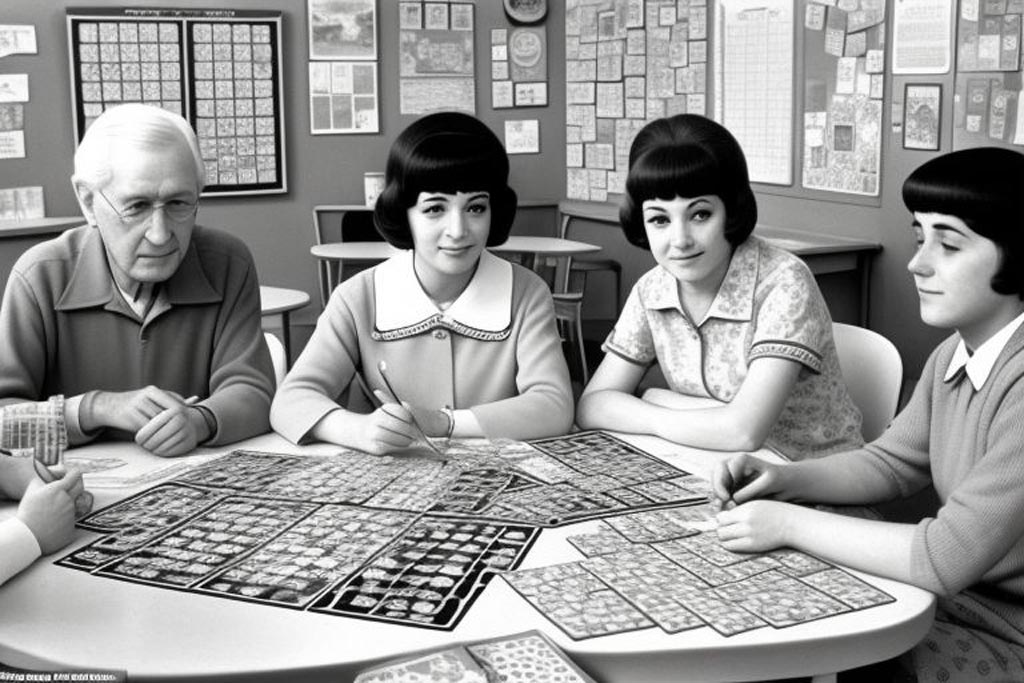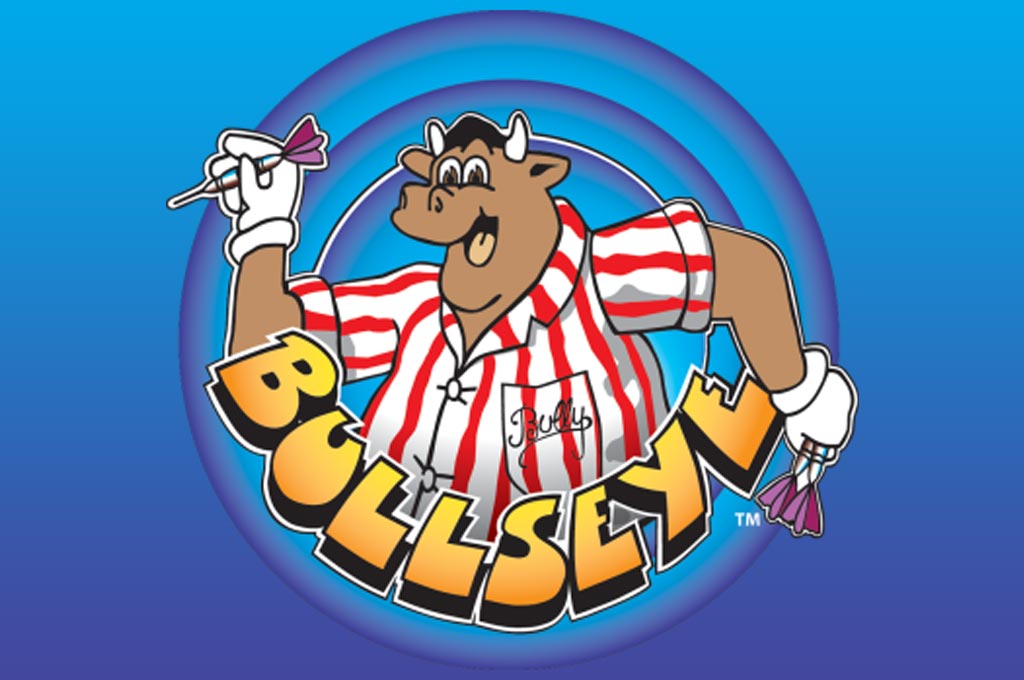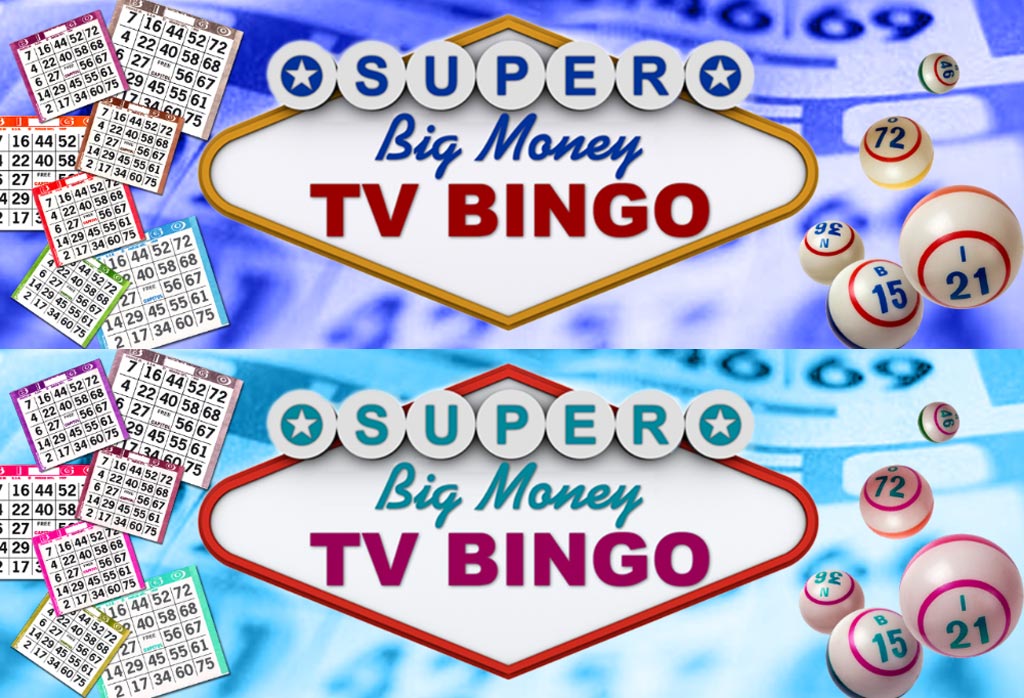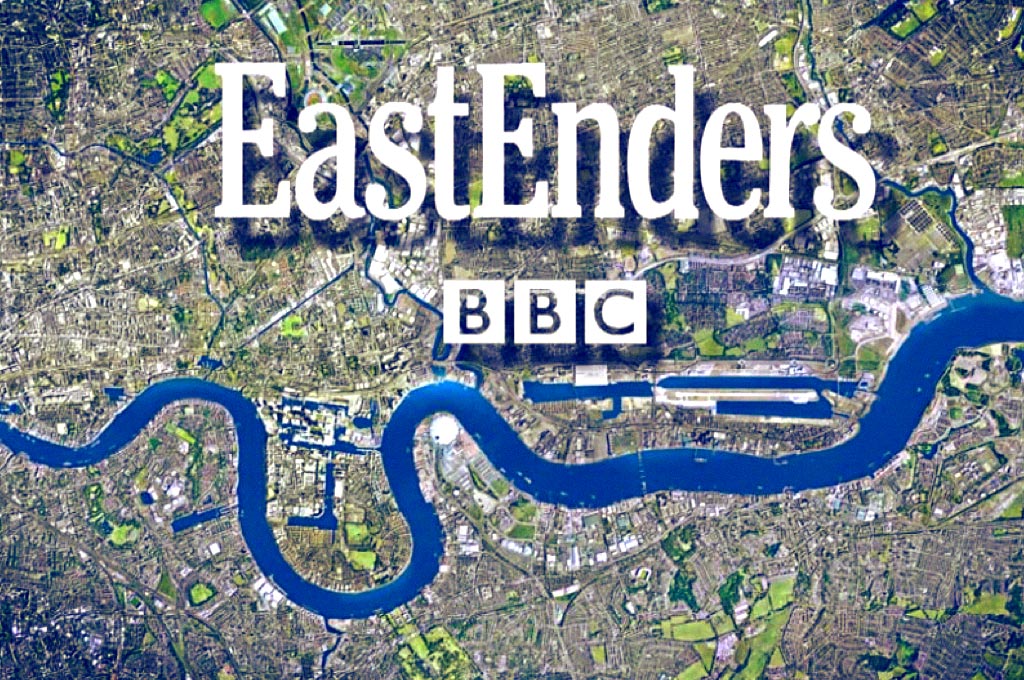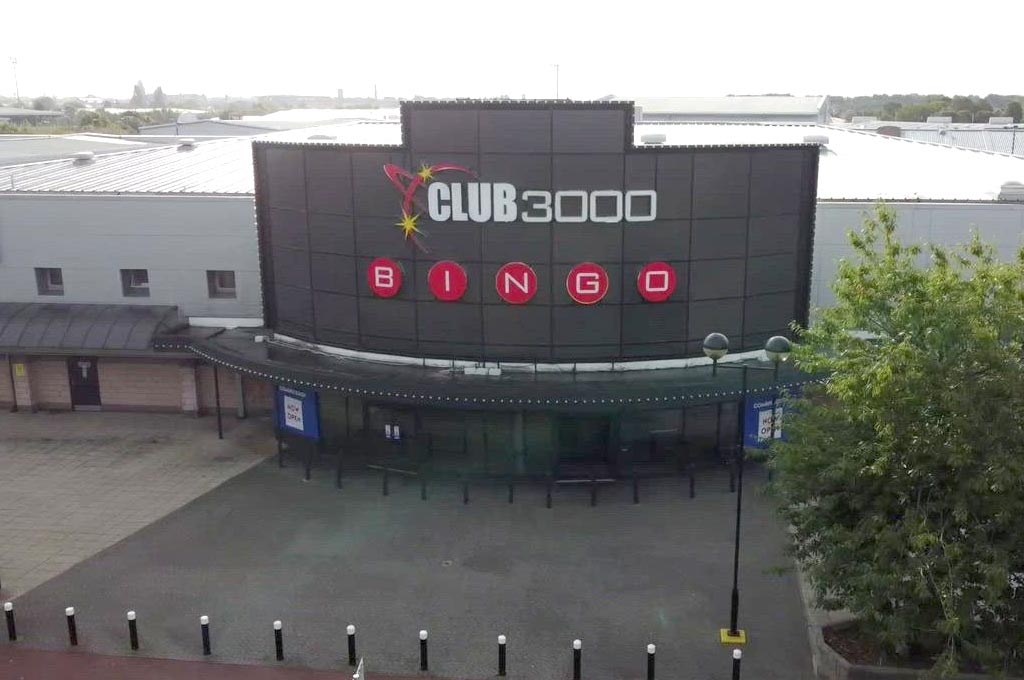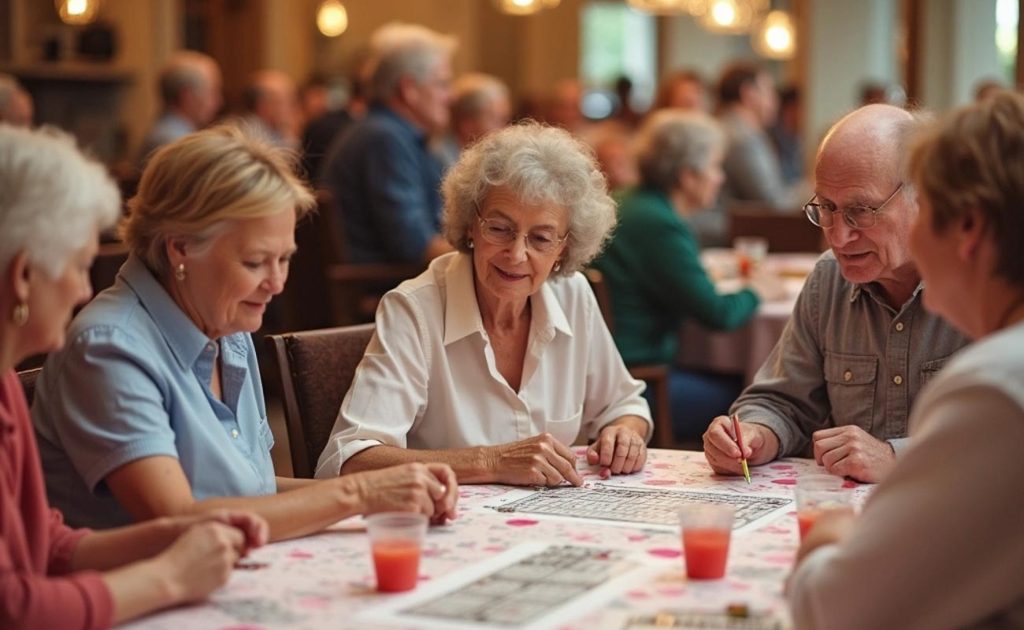Bingo in the 1960s wasn’t a game, but a way of life. It was the highlight of the week for everyone. There was a crowded hall, the air thick with talk, and the anticipation was almost as enjoyable as the prizes.
Early in the 1960s, bingo clubs began opening up all over the UK. Many of them were old cinemas, whose sloping floors suited viewing the big screen. But now, instead of films, they showed flashing numbers and eager punters. The tension was palpable, with punters clutching cards, their gaze fixed on the caller.
The caller’s voice echoed down the corridor, announcing numbers with precision. “Two and eight, twenty-eight,” he’d ring out, and the crowd would answer in a murmur. The beat was one they recognized, soothing even.
The Social Scene
Bingo was not merely a game—it was an occasion. Friends came to socialize, have a laugh, and get out on the town. The halls rang with conversation, the jingle of coins, and the occasional yell when a player exclaimed, “Bingo!”
Regulares had their favorite seats, typically near the front where they could read the numbers clearly. There was an air of familiarity, a shared knowledge that this was something greater than a pastime—this was a group.
The Prizes
The prizes varied, but they were always something to look forward to. From small amounts of money to household items, winning was a real achievement. The excitement of hearing your number called and knowing you’d won was indescribable.
Some of the buildings had larger jackpots, drawing more people. The anticipation built as the numbers were called, each one bringing players closer to the elusive victory.
The Decline
By the late 1970s and early 1980s, the golden age of bingo was declining. The glamour of other sources of entertainment, such as the National Lottery, diverted eyes from the bingo halls. The bustling halls became inactive, and many were forced to close.
The attraction of the bingo hall, with its smiling faces and comforting routine, became a memory for many. But for those who were there, those memories remain fresh.
A Lasting Legacy
Despite the decline, the heritage of the 60s bingo halls endures. A lot of the old bingo halls have survived, their fancy insides an indication of past times. A few have been renovated, but the essence of what they were remains.
For those who remember, the voice of the caller, the thrill of a win, and the camaraderie of fellow players are happy memories. The 1960s bingo clubs may be lost to the mists of time, but their place in the community and culture remains.
Bingo during the 1960s was a game, to be sure, but a social hub as well, when folks gathered together, had some fun, and enjoyed one another. Those few hours bring delight to the smile of those in that wonderful community.
